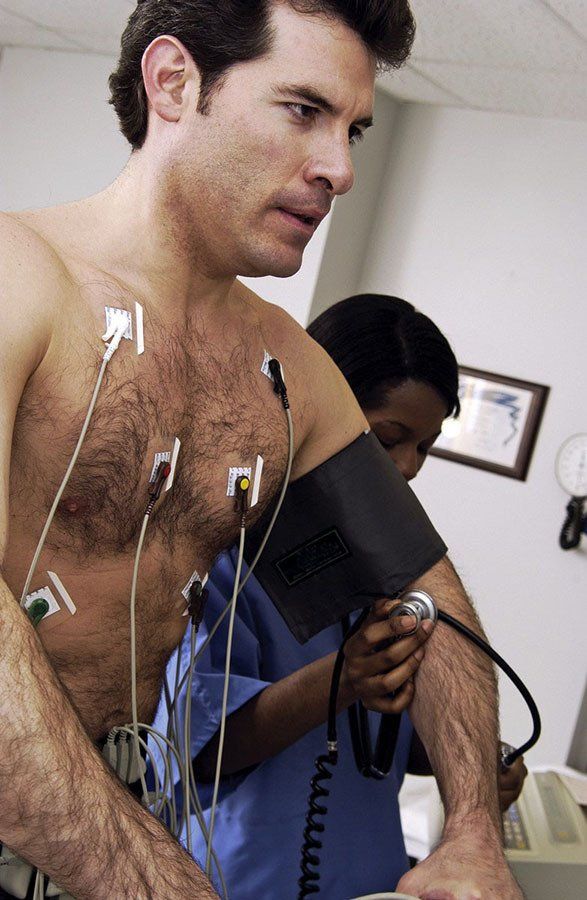Cardiac Stress Testing
Quick Appointments Available
Will Accept Most Insurances
Find Out How Healthy Your Heart Is
Advanced Heart And Vascular Center of New Mexico provides stress testing (sometimes called a treadmill test or exercise test) to help physicians find out how well your heart handles work.
As your body works harder during the test it requires more oxygen requiring your heart to pump more blood. The stress test can show if the blood supply is reduced in the arteries that supply the heart. It also helps physicians know the kind and level of exercise that is appropriate for a patient.
A person taking the test:
- Is hooked up to equipment that monitors the heart (EKG or ECG), blood pressure, breathing, and how tired you feel afterward.
- Walks slowly in place on a treadmill. The speed is increased at a faster pace and the treadmill is tilted to produce the effect of climbing a small hill.
- Speed is increased and can stop at any time when necessary (an alternative chemical stress option is available for patients who have a pacemaker or are unable to exercise).
When the test is complete, the patient will sit or lie down and have their heart and blood pressure checked.
Healthy people who take the test are at very little risk. It's about the same as walking fast or jogging up a big hill. Medical professionals are present in the event that something unusual happens during the test.
A physician may recommend an exercise stress test to:
- Diagnose coronary artery disease (CAD)
- Diagnose a heart-related cause of symptoms like chest pain, shortness of breath or lightheadedness
- Determine a safe level of exercise
- Check the effectiveness of procedures to improve coronary artery circulation in patients with coronary artery disease
- Predict risk of dangerous heart-related conditions including a heart attack.
Depending on the results of the exercise stress test, the physician may recommend additional tests such as a nuclear stress test or cardiac catheterization. To learn more, call our office to schedule an appointment. For more information please visit: www.heart.org/en/health-topics/heart-attack/diagnosing-a-heart-attack/exercise-stress-test



Share On: